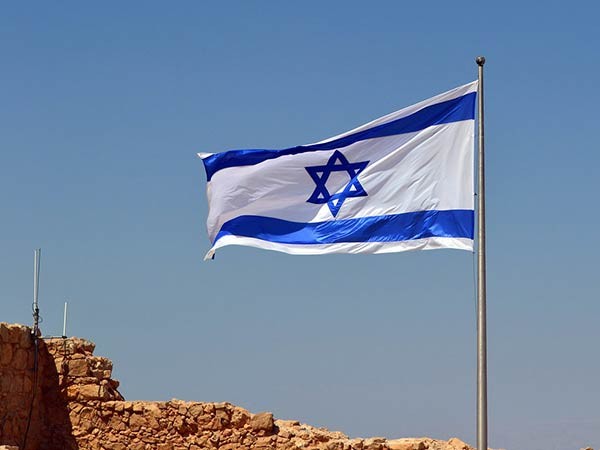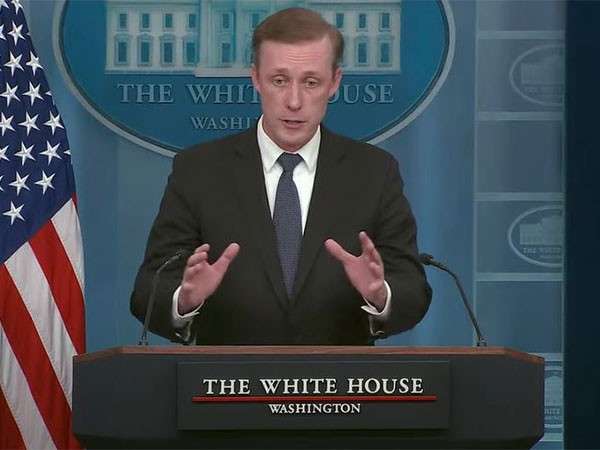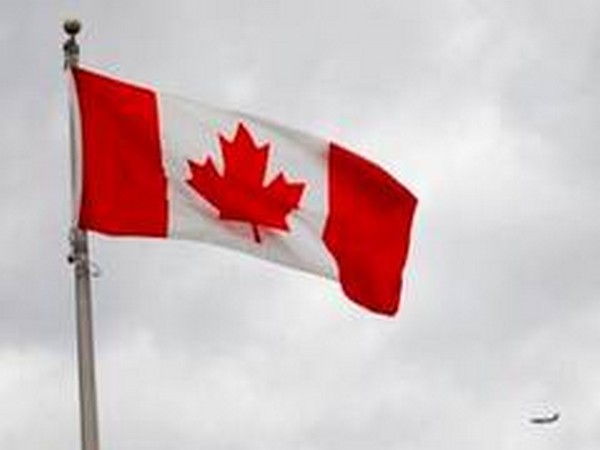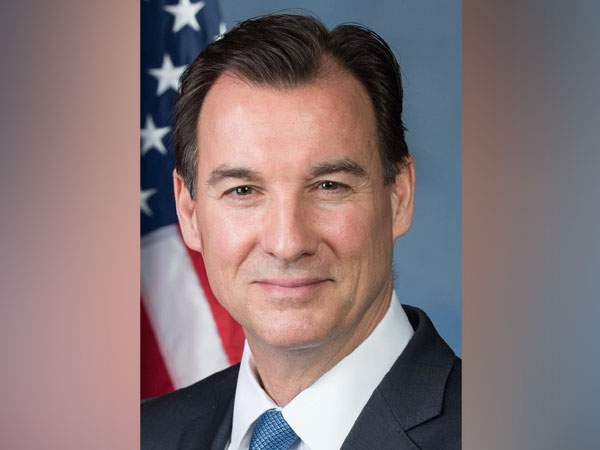
The Arab and Muslim worlds condemn Israel but disagree on the response
Nov 12, 2023
Tel Aviv [Israel], November 12: Arab and Muslim leaders have condemned the actions of Israeli forces in the Gaza Strip but have not passed economic and political sanctions against the country.
The results of the joint conference between the Arab League and
The final statement at the conference rejected Israel's argument that it was acting in "self-defense" and asked the United Nations Security Council to pass "a binding and decisive resolution" to prevent Israel's actions, according to AFP.
The statement also called for an end to arms sales to Israel and rejected any future political solution to the conflict that would keep Gaza separate
Saudi Arabia's Crown Prince Mohammed bin Salman, who before the war was considering establishing formal diplomatic relations with Israel, told the conference that he "holds the (Israeli) occupation government responsible for its crimes." evil against the Palestinian people".
Iranian President Ebrahim Raisi, on his first trip to Saudi Arabia since the two countries mended relations in March, called on Muslim countries to consider the Israeli army a "terrorist organization" for its actions. their behavior in Gaza.
The Arab League and the OIC, a 57-member grouping that includes Iran, initially planned to hold two separate conferences. Arab diplomats said the decision to merge the two conferences was made after Arab League delegations failed to reach an agreement on a final declaration.
Some countries, including Algeria and Lebanon, have proposed responding with measures such as threatening to disrupt oil supplies to Israel and its allies, as well as severing ties, diplomats said. economic and diplomatic relations that some Arab League countries have with Israel.
However, at least three countries - including the United Arab Emirates (UAE) and Bahrain, which normalized relations with Israel in 2020 - have rejected the proposal, according to experts. anonymous diplomacy.
According to Syrian President Bashar al-Assad, the lack of specific sanctions against Israel will render the conference useless. The leader said that no Middle Eastern country should engage in any "political process" with Israel, including developing economic relations, until a lasting ceasefire is achieved.
Reaction of Israel and Hamas
The conference took place while the death toll in Gaza had reached more than 11,000 people, 40% of whom were children, because of fighting between Israel and Hamas. Israel launched a campaign to encircle and attack Gaza after Hamas, a Palestinian political-military organization, attacked southern Israel on October 7, killing about 1,200 people, including soldiers.
Israel and its US ally have so far rejected calls for a ceasefire, despite agreeing to a ceasefire for several hours a day to facilitate the delivery of aid into Gaza as well as the evacuation of civilians.
In a statement issued from Gaza, Hamas called on participants in the Riyadh conference to expel the Israeli ambassador, establish a legal commission to try "Israeli war crimes" and establish a reconstruction fund. territory.
Speaking on television on November 11 evening, Israeli Prime Minister Benjamin Netanyahu said Arab leaders "must stand up against Hamas", which he described as "an indispensable part of the axis of terror led by Iran". leader".
In an interview the same day with AFP, Mr. Netanyahu also denied the role of the Palestinian Authority (PA) in Gaza after the fighting stopped. "There has to be something else there... There will not be a civilian government that educates its children to hate Israel, kill Israelis and obliterate the state of Israel," he said.
In an interview earlier this week, Netanyahu said Israel would be responsible for "overall security" in Gaza "for an indefinite period" after the fighting. However, he later said Israel had no intention of occupying or governing Gaza, although a "credible force" could, if necessary, enter the territory in the future to prevent the rise of militants. armed group.
Fighting continues fiercely, with reports of attacks targeting Gaza's heavily overloaded hospital system, including the largest hospital, Al Shifa, in Gaza City. The Israeli army on November 11 denied accusations that they attacked this hospital, saying this was "false information", and said they were ready to evacuate newborns here.
On the same day, Hamas said it had completely or partially destroyed more than 160 Israeli military targets in Gaza, including more than 25 vehicles in the past 48 hours. According to an Israeli military spokesman, Hamas has lost control of northern Gaza.
Source: Thanh Nien Newspaper









